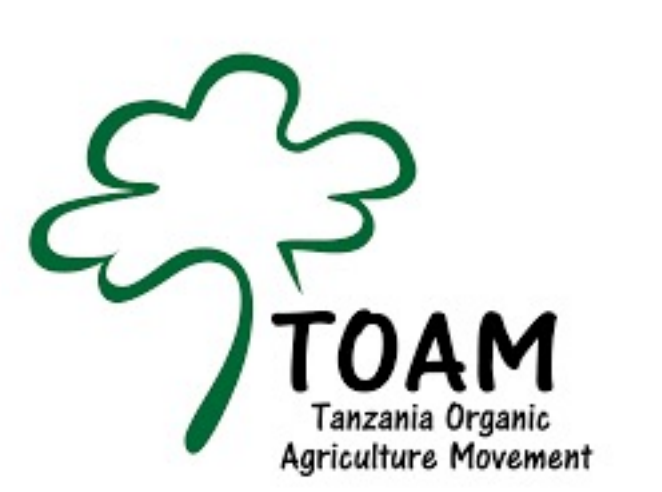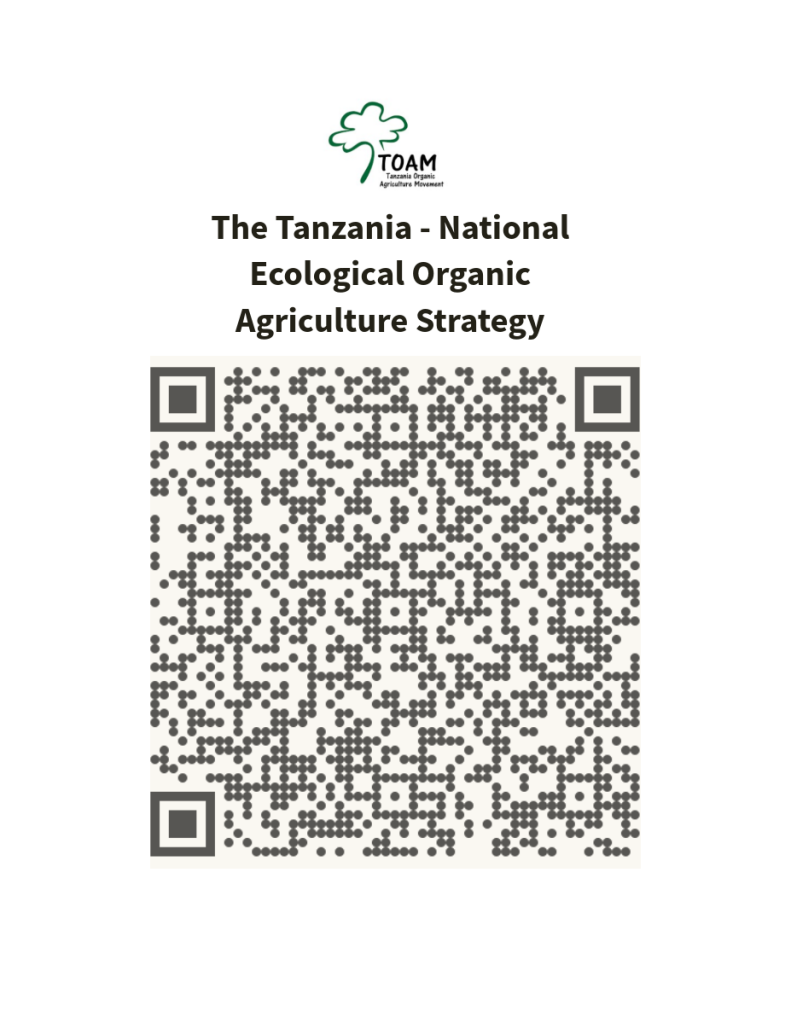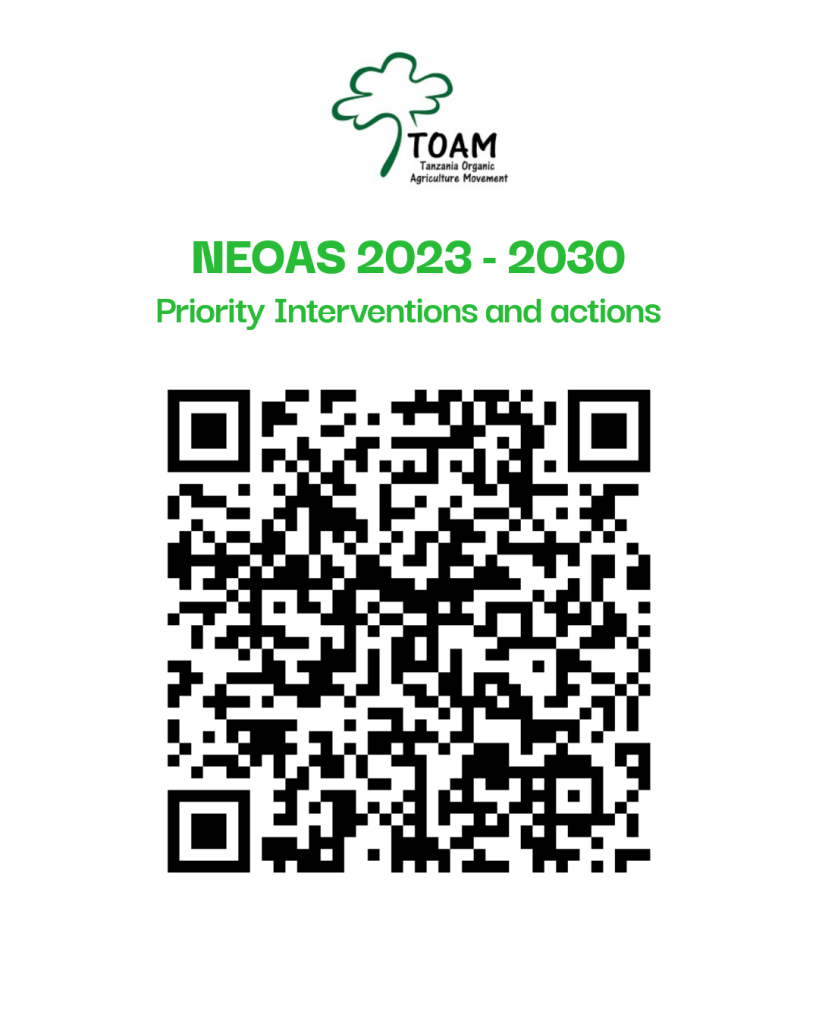
Muhammad Riaz: Why Compost is my Kind of Gold!
Our ancestors in Pakistan practiced organic farming, and I wanted to follow in their footsteps. About 19 years ago, I took a six-month course to expand my knowledge on organic farming. During that time, I learnt more about using compost, and I have never looked back since.
Much as my ancestors used compost and natural manure fertilisers, it isinteresting to keep learning new ideas and practices around it. Before, I used it because I knew it was good for the plants and soil, but I did not know why. I came to learn that compost carries all the nutrients required by the plants and is very helpful in the nourishment of soil, insects, and thus human health. That is why I keep using these natural practices and do not apply artificial fertilisers. I have seen how they can be harmful and negatively affect the soil, insects, livestock, and human health.
One compost for all crops!
Let me tell you how I make my compost. I take three essential materials already provided by my environment: dung (from my livestock), kitchen waste and green leaves, and then add water.The compost keeps moisture in the soil and is a natural way to fight off certain plant diseases. Other farmers have seen the benefits of this and come to learn from me how to make compost.
When I started organic farming, I loved the idea of diversifying the food items on my farm while being able to use the same fertiliser for all crops. Compost made this possible. Because of this, I have the freedom to crop rotate as well as grow a variety of produce, depending on our agricultural calendar.

I grow wheat and maize through out the year, but I also grow other crops depending on the season. During the winter, I grow tomatoes, eggplants, okra, bitter gourds, pumpkins, bottle gourds, ridge gourds, and chilies. The summer vegetables include garlic, onion, spinach, radish, turnip, cauliflower, coriander, potato, peas, and fenugreek.






